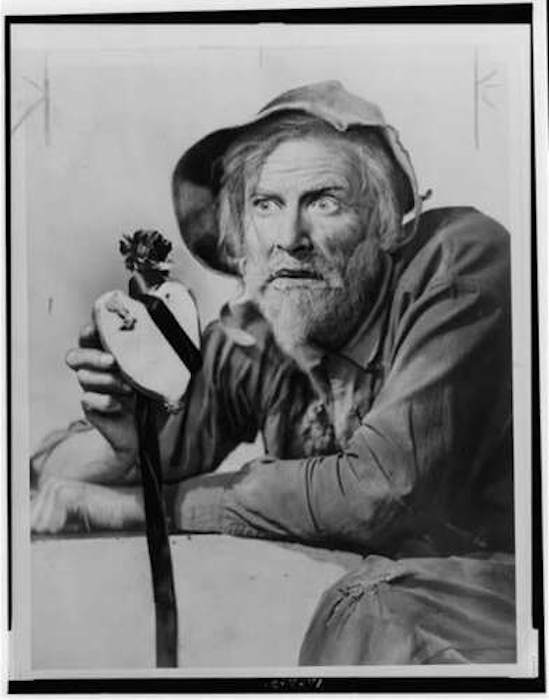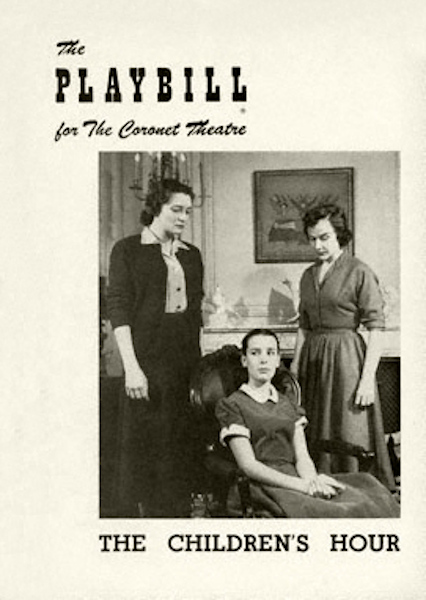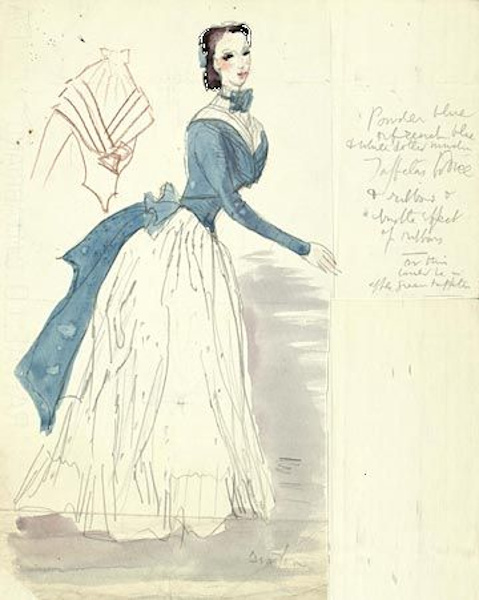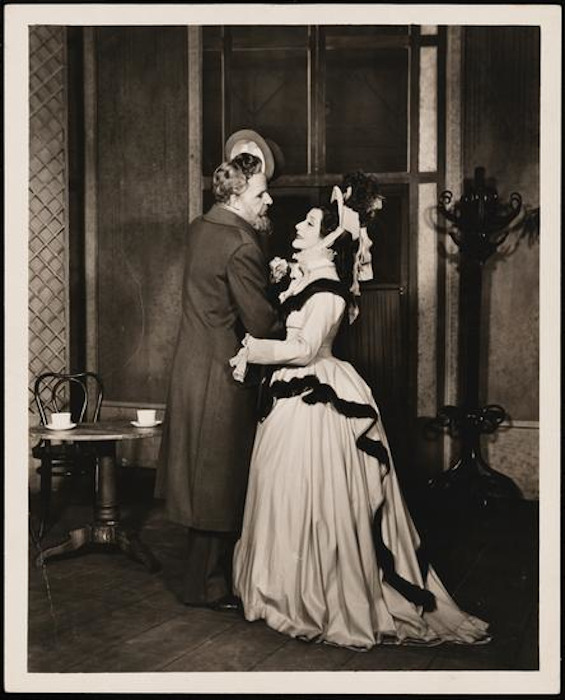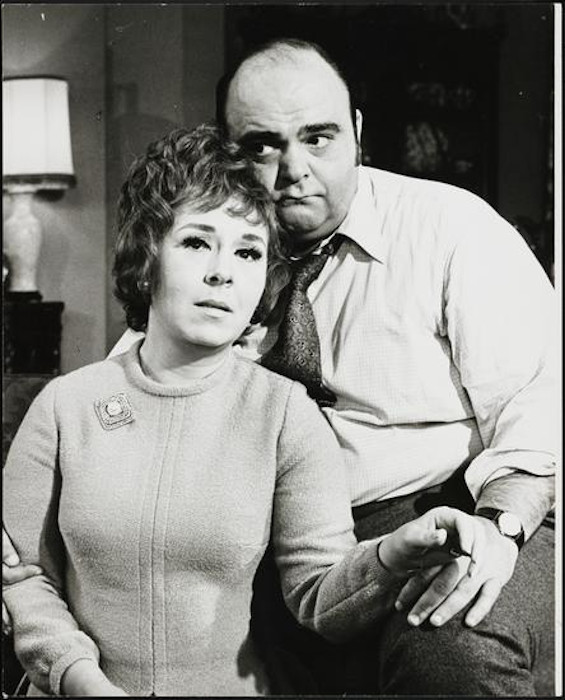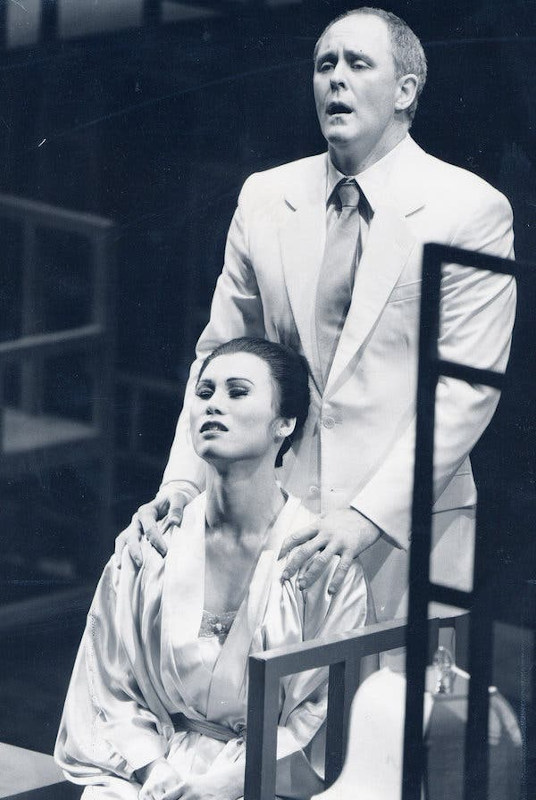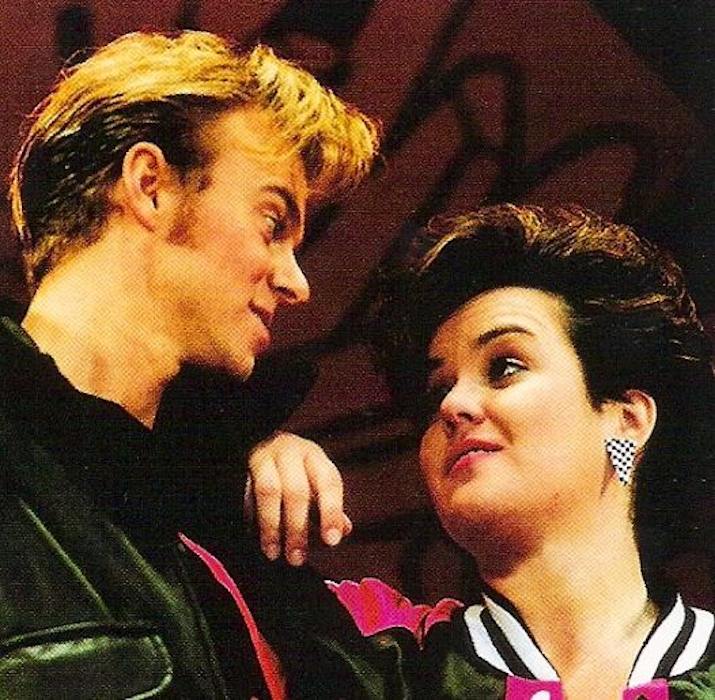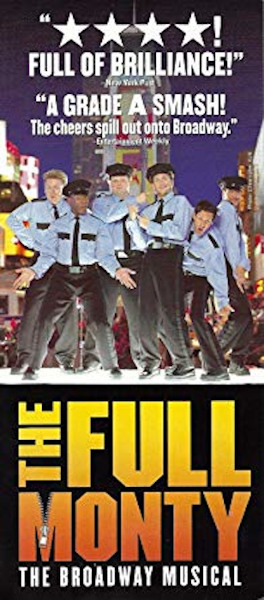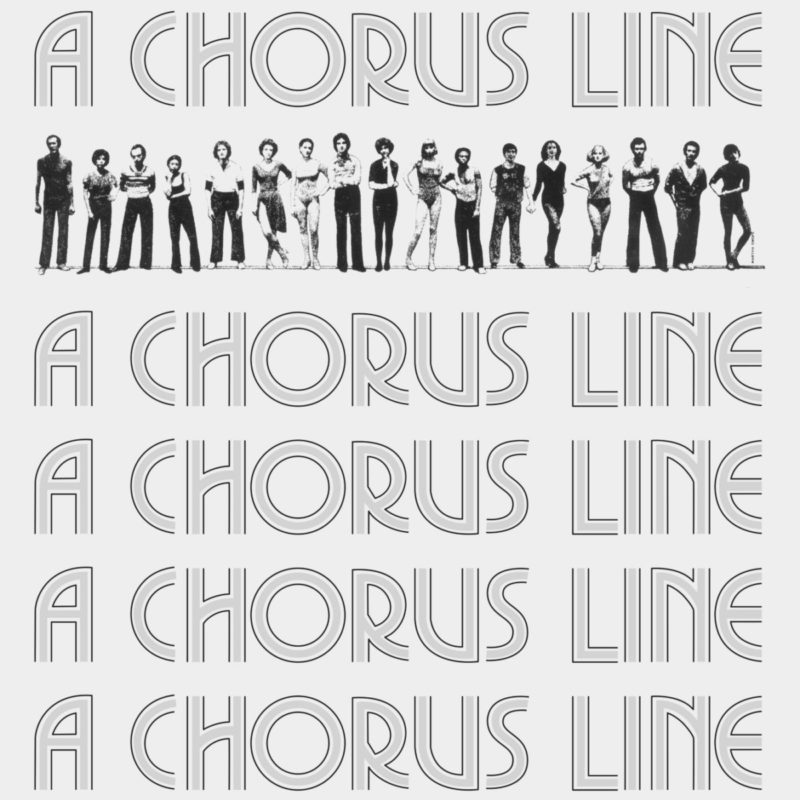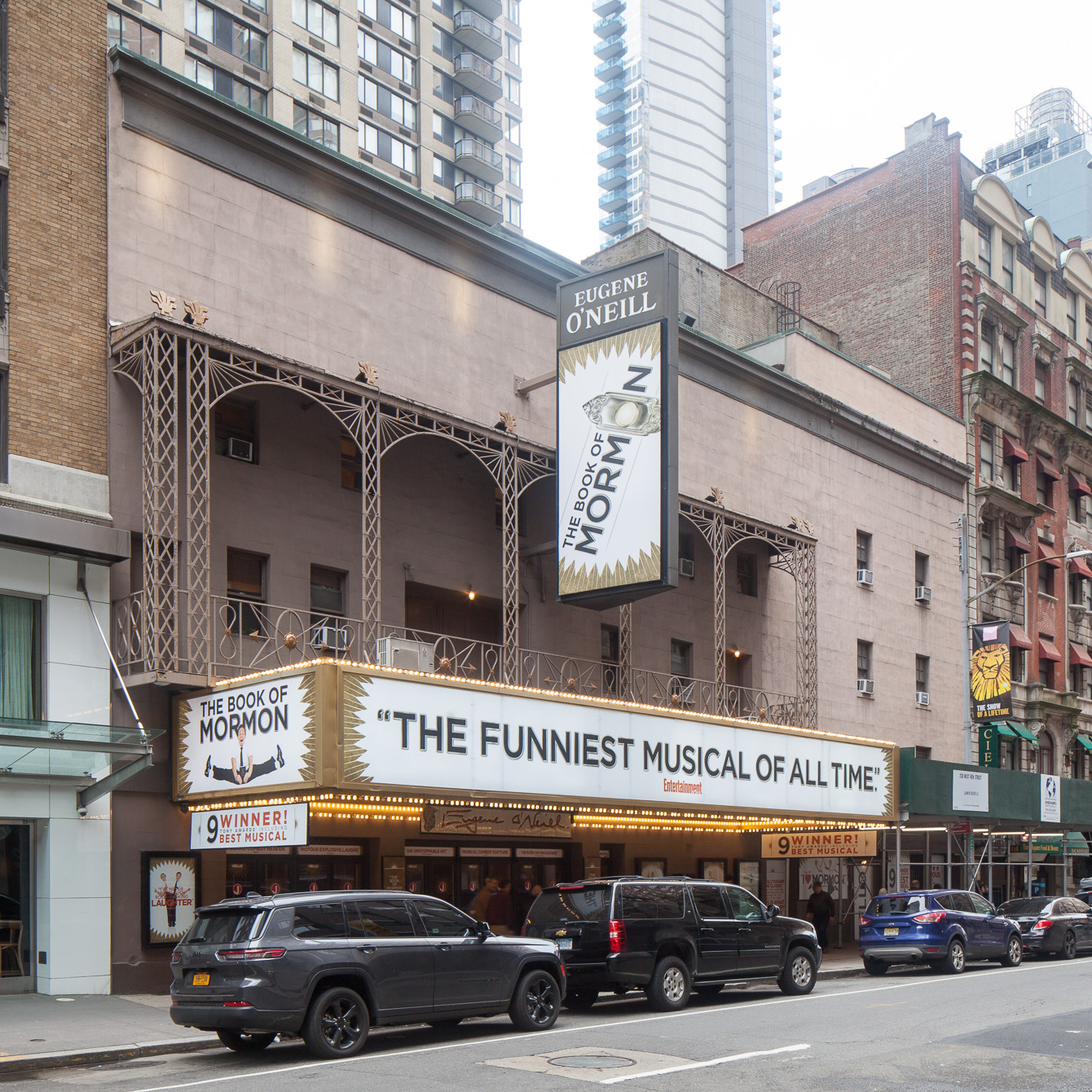
Eugene O’Neill Theater (originally Forrest Theater)
after opening as the Forrest Theater in 1926, this site was renamed the Coronet Theater in 1945, and the Eugene O’Neill Theater in 1959
overview
Opened as the Forrest Theater in 1926 and renamed the Coronet Theater in 1945 and the Eugene O’Neill Theater in 1959, this venue has staged multiple productions involving major LGBT creators and performers, including Anna May Wong, Arthur Laurents, Noel Coward, Rosie O’Donnell, Oliver Smith, Sandy Dennis, Tommy Tune, and Charles Nelson Reilly, among others.
The first revival of the 1934 play The Children’s Hour, about a schoolgirl who accuses two teachers of being lesbians, was performed here in 1952-53.
History
Forrest Theater
This venue opened as the Forrest Theater in 1926. One enormous hit with an LGBT performer, when this was the Forrest Theater, was Tobacco Road (1934-41), with Will Geer (opened at the Theater Masque). Another hit was Bird in Hand (1930), with Jill Esmond (opened at the Booth Theater). Anna May Wong appeared in On the Spot (1930-31), while Hand in Glove (1944-45) was directed by James Whale.
Coronet Theater
The venue was renamed the Coronet Theater in 1945. Despite the Wales Padlock Law (1927), which forbade the depiction of “sex perversion” on stage, and which remained on the books until 1967, one play at the Coronet was produced with a lesbian theme. This was the first revival of Lillian Hellman’s 1934 play The Children’s Hour (1952-53), about a schoolgirl who accuses two teachers of being lesbians.
Other plays at the Coronet by LGBT creators and with LGBT performers included:
- Suds in Your Eye (1944), with costume design by Kermit Love (opened at the Cort Theater)
- Small Wonder (1948-49), with actors Jack Cassidy and Mary McCarty
- The Browning Version/ Harlequinade (1949) by Terence Rattigan, and with actor Maurice Evans
- The Bird Cage (1950) by Arthur Laurents, and with actor Sanford Meisner
- Tickets, Please! (1950), with actor Larry Kert
- The Little Hut (1953), with scenic design by Oliver Messel
- Quadrille (1954-55) by Noel Coward, with scenic and costume design by Cecil Beaton, and with actors Alfred Lunt and Lynn Fontanne
- The Great Sebastians (1956), with actors Alfred Lunt and Lynn Fontanne
- The Sleeping Prince (1956) by Terence Rattigan, and with actor Michael Redgrave
- The Waltz of the Toreadors (revival, 1957), with actors Ralph Richardson and John Abbott
- The Firstborn (1958), with actors Katharine Cornell and Robert Drivas
Eugene O’Neill Theater
In 1959, the venue was renamed the Eugene O’Neill Theater. Big hits here with LGBT associations included:
- The Odd Couple (1966-67), with scenic design by Oliver Smith (opened at the Plymouth Theater; Best Scenic Design Tony Award)
- Last of the Red Hot Lovers (1969-70), with scenic design by Oliver Smith, and with actor James Coco
- Chapter Two (1979), with scenic design by William Ritman, and lighting design by Tharon Musser (opened at the Imperial Theater)
- M. Butterfly (1988-90), directed by John Dexter (Best Direction of a Play Tony Award), and with actor B.D. Wong (Best Featured Actor in a Play Tony Award)
- Grease (revival, 1994-98), with Jerry Mitchell as associate choreographer, and with actors Rosie O’Donnell and Billy Porter
- The Full Monty (2000-02) by Terrence McNally, with choreography by Jerry Mitchell, and with actors André De Shields and Denis Jones
Other plays with LGBT creators and performers at the O’Neill included:
- The Disenchanted (1958-59), with actor George Grizzard
- A Loss of Roses (1959) by William Inge
- A Second String (1960), based on a novel by Colette, with costume design by Robert Mackintosh
- Face of a Hero (1960), with actors George Grizzard and Sandy Dennis
- The Hostage (1960-61) by Brendan Behan (opened at the Cort Theater)
- Show Girl (1961), with scenic design by Oliver Smith, and costume design by Miles White
- Ross (1961-62) by Terence Rattigan
- A Thousand Clowns (1962-63), with actor Sandy Dennis
- She Loves Me (1963-64), with actor Jack Cassidy
- Rosencrantz and Guildenstern Are Dead (1968, opened at the Alvin Theater), with scenic and costume design by Desmond Heeley (Best Scenic Design and Costume Design Tony Awards)
- Canterbury Tales (1969), with costume design by Loudon Sainthill (Best Costume Design Tony Award), and with actor George Rose
- The Good Doctor (1973-74), directed by A.J. Antoon, with lighting design by Tharon Musser
- God’s Favorite (1974-75), directed by Michael Bennett, with scenic design by William Ritman, and lighting design by Tharon Musser, and with actor Charles Nelson Reilly
- California Suite (1976-77), with scenic design by William Ritman, and lighting design by Tharon Musser, and with actor George Grizzard
- Your Arms Too Short to Box with God (1977-78), with music and lyrics by Alex Bradford (opened at the Lyceum Theater)
- Fools (1981), with scenic design by John Lee Beatty, and lighting design by Tharon Musser
- Little Me (revival, 1982), based on the book by Patrick Dennis (Edward Everett Tanner III), directed by Robert Drivas and with actors James Coco and Victor Garber
- The Best Little Whorehouse in Texas (revival, 1982), choreographed by Tommy Tune and Thommie Walsh
- The Glass Menagerie (revival 1983-84) by Tennessee Williams and directed by John Dexter
- Cat on a Hot Tin Roof (revival, 1990) by Tennessee Williams
- Penn & Teller: The Refrigerator Tour (1991), with scenic design by John Lee Beatty
- Waiting in the Wings (1999-2000) by Noel Coward with scenic design by Ray Klausen (opened at the Walter Kerr Theater)
Entry by Jay Shockley, project director (June 2019, with multiple additions).
NOTE: Names above in bold indicate LGBT people.
Building Information
- Architect or Builder: Herbert J. Krapp
- Year Built: 1925-26
Sources
“The 1st List of: Gay/Lesbian/Bi Industry People, Both in Front and Behind the Camera,” www.imdb.com, May 31, 2013.
Adam Hetrick, “The Work of Broadway’s Gay and Lesbian Artistic Community Goes on Display Nov. 14 When the Leslie/Lohman Gay Art Foundation Gallery Presents ‘StageStruck: The Magic of Theatre Design’,” Playbill, November 14, 2007.
Forrest Theater Interior Designation Report (New York: Landmarks Preservation Commission, 1987).
Internet Broadway Database.
Kaier Curtin, “We Can Always Call Them Bulgarians”: the Emergence of Lesbians and Gay Men on the American Stage (Boston: Alyson Publications, 1987).
Do you have more information about this site?
This project is enriched by your participation! Do you have your own images of this site? Or a story to share? Would you like to suggest a different historic site?
